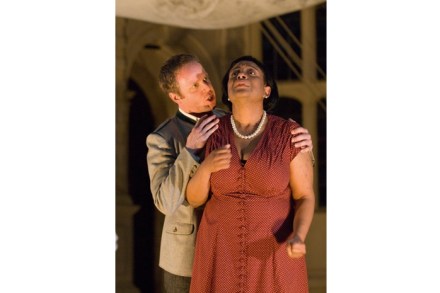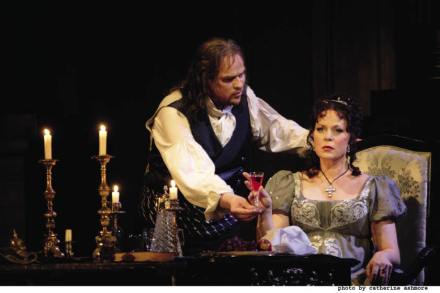Going solo in Ireland
Wexford’s remarkable opera house is as good a symbol as any of the Irish financial meltdown. The auditorium is fabulous, and not just acoustically. The building — funded by the Irish government just before the banks collapsed — is now the trump card that has preserved the Wexford Festival as Ireland’s sole surviving operatic gesture.








